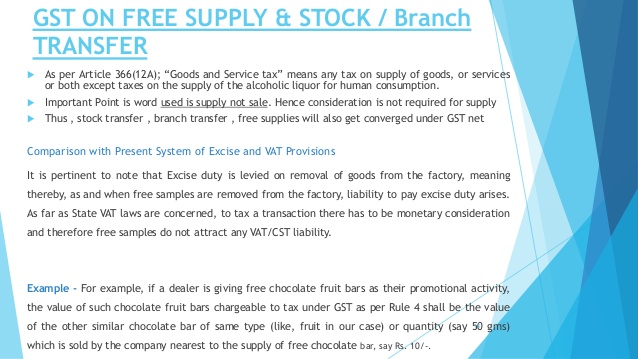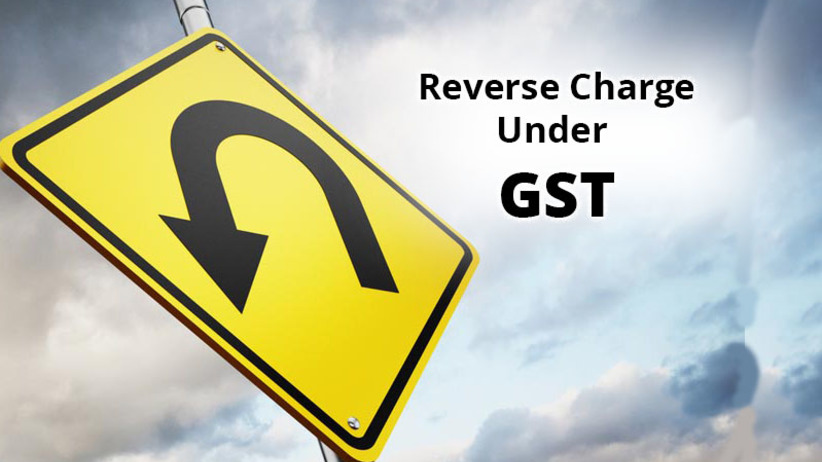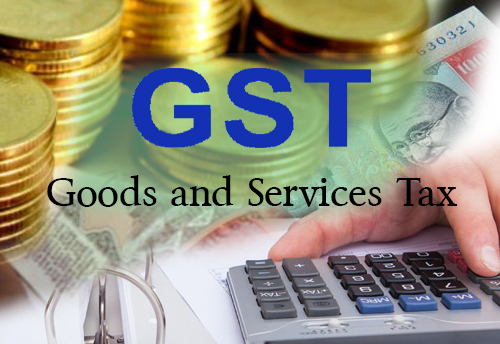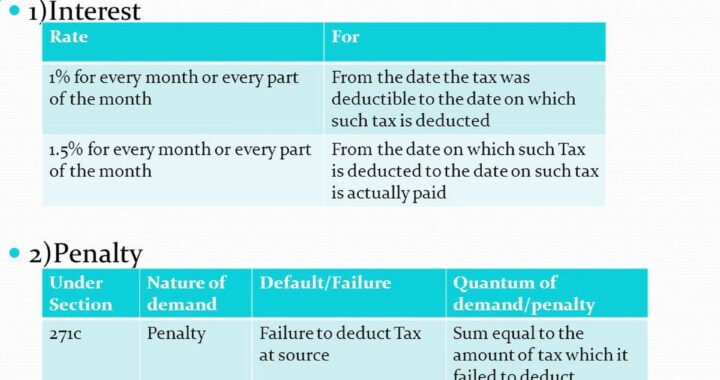Do floating vessels or ships attract GST?

 The CESTAT , Mumbai in the case of Commissioner of Central Excise And Service Tax (LTU) , Mumbai vs. The Shipping Corporation of India Ltd. , 2016 (8) TMI 852, has held that GST would be applicable on sale or supply of floating vessels or ships.
The CESTAT , Mumbai in the case of Commissioner of Central Excise And Service Tax (LTU) , Mumbai vs. The Shipping Corporation of India Ltd. , 2016 (8) TMI 852, has held that GST would be applicable on sale or supply of floating vessels or ships.
The issue was dealt with the context of Service Tax but the decision would have far reaching implications.
One of the causes as cited by the Hon’ble tribunal while judging the nature of transaction for the purpose of service tax was that the performance of service on goods or equipment with ‘goods’ having the specific importance should not to be overlooked.
It may not be right in describing a ship or vessel as equipment though it may be fitted on board making the ascertainment by the original authority more complex.
The most important point of consideration is whether a ship or vessel may be described as ‘goods.’
During the relevant period, tax ability was limited to repair, maintenance, etc. of goods which were restricted to moveable property which is defined in the General Clauses Act as all property excluding immovable property which does not, enable resolution of the confusion of being so described.
A piece of land is, undoubtedly, immovable property. however, the definition of ‘goods’ in the Sale of Goods Act, 1930 is attracted to certain forms of land to the extent that they can be separated from land before sale as a part of agreement for sale.
Hence, structures that can be detached from the land are considered to be moveable. Theoretically, the seas are considered as equivalent to land and the possibility of a ship to be detached from the water should bring them within the category of immovable property.
Ships before launch are goods but vessels or ships that are afloat are not goods except for the time when they are the subject of an agreement for sale.
Ships and vessels need not be goods are also apparent in section 2 of Customs Act, 1962. They could also be treated only as means of conveyance. As conveyances, ships or vessels move easily on water or land but not being goods that can be severed from land, are not distinguished from immoveable property.
As a result, the legislative intent to tax the repairs or maintenance of conveyance under section 65(105) of Finance Act, 1994 is different.
Motor vehicles were specifically excluded due to the existence of another taxable entry on 1st July 2003. Exclusion may not have been considered to be necessary for vessels or ships as the taxable entry came into effect later on.
Accordingly, tribunal has held that as conveyances, vessels or ships move easily on water or land but, not being goods in nature, they are not distinguishable from immovable property.So the common question that comes into one’s mind is whether GST would be applicable on the sale of floating vessels or ships?
The answer is GST would be levied only on supply of goods and services within the jurisdiction of State for the purpose of tax as per Schedule VII of the Constitution of India.
When floating vessels or ships are not treated as immovable property, they shall not be liable to Goods and Services Tax (GST).
Therefore, it can be concluded that the decision shall be subject to examination by the higher courts in the near future.
Read also:

 Sales Tax For E-Commerce: 3 Things Small Businesses Should Know
Sales Tax For E-Commerce: 3 Things Small Businesses Should Know  What Is The GST Liability on Free Supply of Goods and Services?
What Is The GST Liability on Free Supply of Goods and Services?  Some FAQs about GST- Understanding Scope and Provisions of GST
Some FAQs about GST- Understanding Scope and Provisions of GST  Understanding the Reverse Charge mechanism under GST and IGST?
Understanding the Reverse Charge mechanism under GST and IGST?  Pros and Cons of GST- Is Ushering in of GST worth Celebrating as media wants us to believe?
Pros and Cons of GST- Is Ushering in of GST worth Celebrating as media wants us to believe?  Arrests and Detention Provisions under GST in Detail- Are these justified
Arrests and Detention Provisions under GST in Detail- Are these justified  Major Changes Expected in Direct Tax Code 2025 and why these matter
Major Changes Expected in Direct Tax Code 2025 and why these matter  Can an assessee pay House Rent to his parents and claim relief? Would there be any legal complications?
Can an assessee pay House Rent to his parents and claim relief? Would there be any legal complications?  Boost Your Business & Reduce Taxes: A Guide to Maximizing Benefits Under Section 80JJAA
Boost Your Business & Reduce Taxes: A Guide to Maximizing Benefits Under Section 80JJAA  What is remedy to taxpayer if the Tax deductor fails to deposit the TDS or fails to file TDS Return
What is remedy to taxpayer if the Tax deductor fails to deposit the TDS or fails to file TDS Return